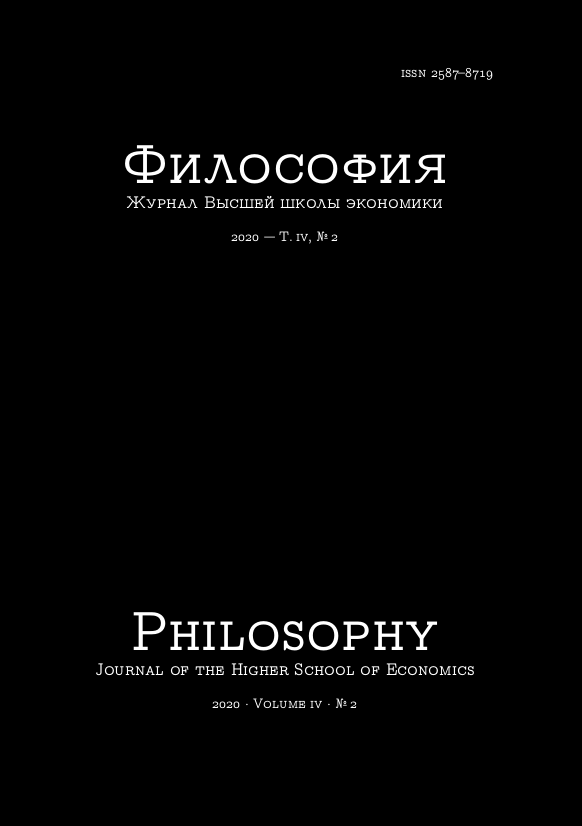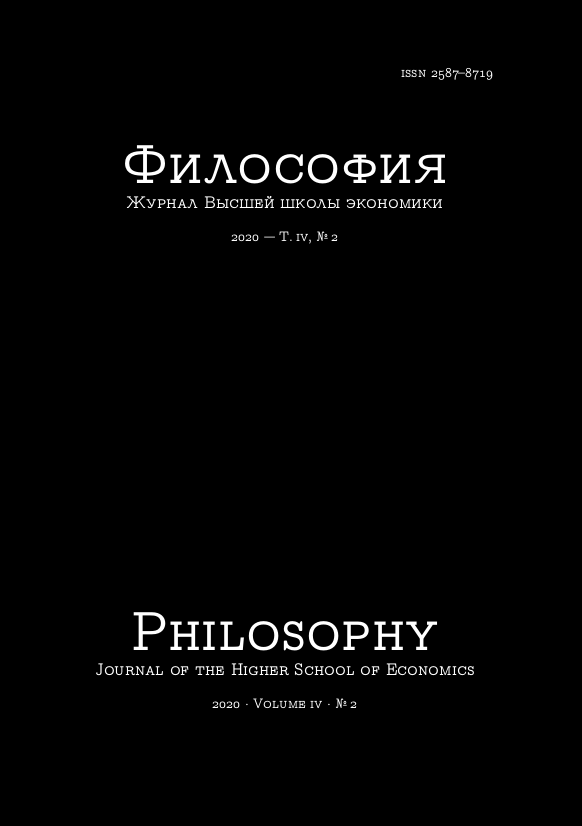
The section dedicated to the memory of Mikhail Gefter opens with a series of interviews with his students and relatives — Gleb Pavlovskiy, Mikhail Rozhanskiy, Claudio Ingerflom, Valentin Gefter, and Vyacheslav Igrunov. Of additional interest are photographic materials, most of which are kindly provided for publication by the heirs of Michael Gefter. As a supplement to the interview with Gleb Pavlovsky, we publish Chapter 1 of his forthcoming book, «The Weaks», containing fragments of Gleb Pavlovsky's conversations with Mikhail Gefter and the comments of the former.
Two articles continue Gefter’s line of thought — Gleb Pavlovskiy's and Konstantin Gaaze's research on the reconstruction of the Gefter's theory of the event and Viktoriya Faybyshenko's article analyzing the peculiarities of functioning and problematization of the ideological discourse in the reflection of late Soviet philosophers, first of all, Mikhail Gefter, Ewald Ilyenkov, and Mikhail Lifshits.
The second section is devoted to the concepts of (self-)description of the history of Russian thought and opens with an article by Fedor Gayda analyzing the process of emergence and design of the concept of «intelligentsia» in Russia. Aleksey Panchenko's work is devoted to the peculiarities of knowledge production by «Narodniks» in the 1870s–90s and to the identification of common features of the intellectual evolution of Narodniks-ethnographers. Andrey Teslya's article considers the evolution of interpretations of the philosophical heritage of A.I. Herzen in the works of G.V. Florovsky in the 1920s — first half of the 1930s and the reflection of the conceptual scheme he developed in «The Ways of Russian Theology». The concluding article by Tat’yana Rezvykh and Gennadiy Alyayev analyses the ontology and gnoseology of Ludwig Binswanger in the context of the concepts of Semyon Frank and Martin Heidegger.
Andrey Teslya






